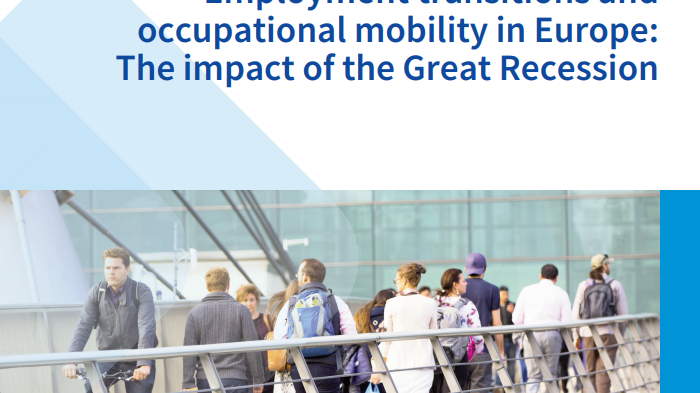
News -
Increasing numbers of working poor in post-crisis Europe
One in ten workers in the EU is at risk of poverty, and 13% of workers are materially deprived and cannot afford basic household goods. Despite the fact that levels of in-work poverty have increased in Europe during the financial crisis, most Member States do not specifically address in-work poverty. These findings were highlighted by Eurofound's new report In-work poverty in the EU, published in Dublin today.
In-work poverty in the EU examines what it means for workers to be poor in the 21st century and looks at the ramifications of poverty for workers. Being among the working poor is associated with various social problems, including lower levels of subjective and mental well-being, problems with accommodation and living environment, poor relationships, and feelings of social exclusion.
The report builds on mounting evidence to show that in-work poverty represents a significant challenge for Europe, particularly in the context of the post-crisis labour market. Not only has the number of workers at risk of poverty in Europe increased in many Member States between 2007 and 2014, there is also a strong connection between contract types and in-work poverty: just 5% of full-time workers qualified as working poor, whereas 29% of involuntary part-time workers were working poor and 25% of self-employed workers without employees were working poor. It is important that these workers have the same rights and access to social protection that are accorded to workers with standard contracts.
The report found that while an adequate minimum wage is a core pillar of any model of social protection for the working poor, increased attention should be paid to minimum household income to reflect more accurately the situation of many of the working poor. Considering the risks that temporary workers face during spells of unemployment, measures are needed to facilitate transitions between jobs and to provide financial support while workers are in this position.
Finally, the report identifies the need to provide indirect help to raise the living standards of vulnerable workers; this requires a better understanding of the effectiveness of different kinds of indirect measures on the levels and impact of in-work poverty, as well as a concerted policy approach.
Download the report: In-work poverty in the EU







